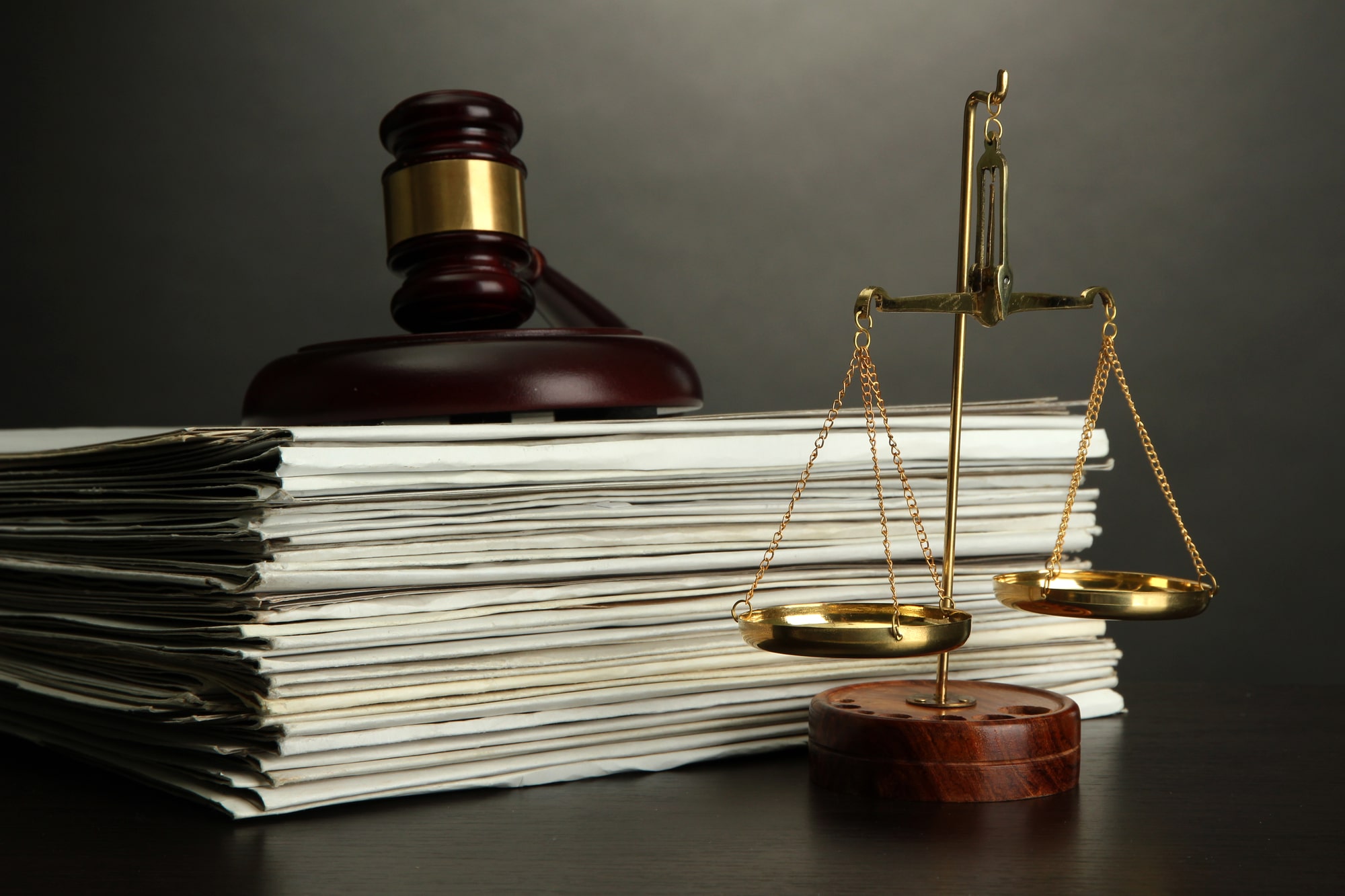Understanding The Importance Of Estate Planning
Estate planning is a critical process that ensures your assets are managed and distributed according to your wishes after you pass away. It involves preparing for the probate process, where your estate is legally settled under the supervision of a court. Effective estate planning simplifies this process for your loved ones, reducing stress and confusion during a difficult time.
The Role Of A Will In Estate Planning
One of the first steps in estate planning is drafting a will. This document specifies how you want your assets distributed and can appoint a guardian for minor children. Without a will, your estate falls under intestate succession laws, where the state decides how your assets are distributed, which might not align with your intentions.
Designating Beneficiaries
There are several assets that must have beneficiaries designated on them for example, retirement accounts, life insurance policies, and bank accounts. These designations often supersede instructions in a will, so keeping them updated is vital. Changes in life circumstances, such as marriage, divorce, or the birth of a child, should prompt a review of your beneficiary designations.
Establishing Trusts
Estate planning is an essential process, ensuring that a person has control over their assets and how they are distributed when they are no longer able to make these decisions on their own. They can also help minimize estate taxes and avoid the public nature of the probate process. There are various types of trusts, each with specific benefits, and determining the right one depends on your individual circumstances and goals.
The Power Of Attorney And Health Care Directives
Appointing a power of attorney grants someone you trust the authority to manage your financial affairs if you become incapacitated. Similarly, a health care directive outlines your wishes for medical treatment and appoints someone to make decisions on your behalf if you are unable to do so. These documents are crucial in preparing for unexpected life events.
Probate And The Role Of A Legal Professional
It can be invaluable to have a lawyer with experience in this complex area of practice to help guide you through the probate process. They understand the legal nuances and can help ensure your estate is settled efficiently and according to your wishes. Attorneys like those at W.B. Moore Law can attest to the importance of having a knowledgeable guide during this process.
Keeping Documents Updated And Accessible
Estate planning is not a one-time task. It’s essential to review and update your documents regularly, especially after major life events. Additionally, ensuring that your important documents are accessible is crucial for a smooth probate process. Keeping your executor informed about the location and contents of your estate planning documents can prevent delays and complications.
The Value Of Professional Guidance
While there are many resources available for estate planning, seeking professional guidance ensures that your estate plan is thorough and complies with current laws. A legal professional can provide personalized advice tailored to your unique situation, ensuring that your estate is prepared for probate and aligned with your wishes.
Ensuring Peace Of Mind
Estate planning is a significant undertaking that requires careful thought and preparation. By understanding the basics, like the importance of a will and the role of trusts, and seeking professional guidance from a probate lawyer, you can ensure that your estate is managed according to your wishes. Remember, estate planning is not just about assets; it’s about peace of mind for you and your loved ones.
